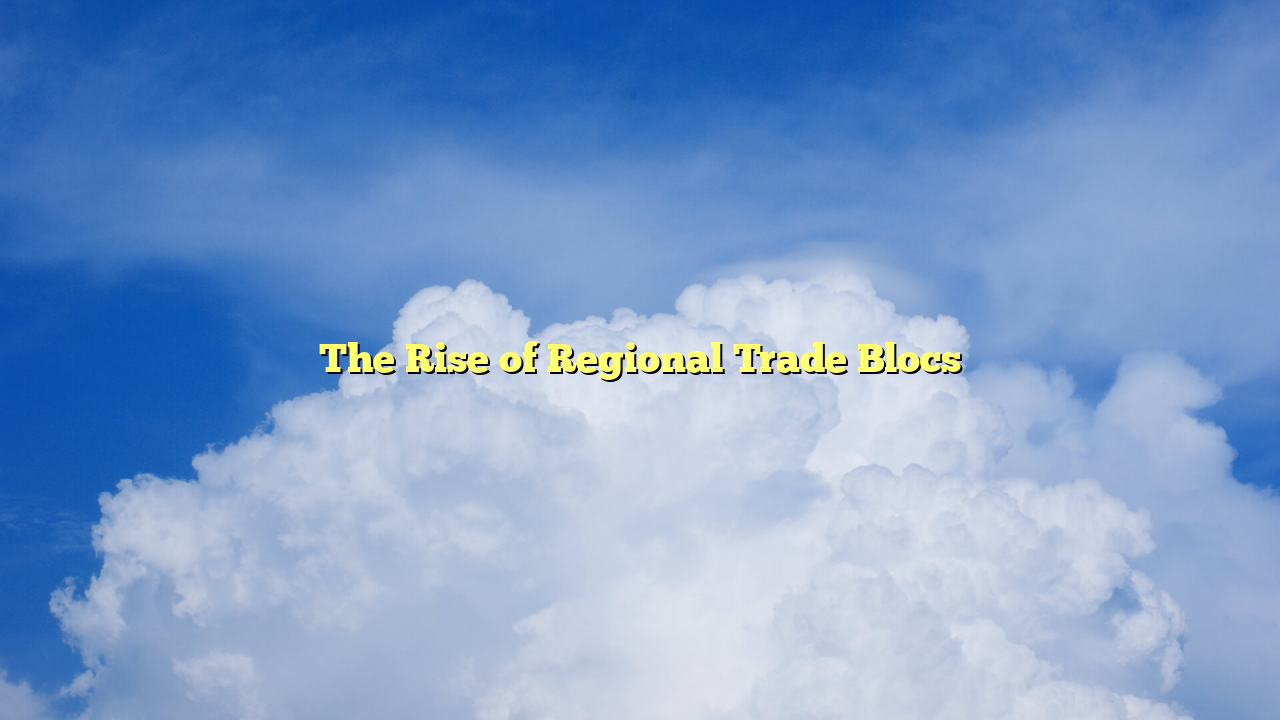Global trade is increasingly defined by regional integration rather than worldwide multilateralism. As geopolitical competition intensifies, nations are Naga169 agen resmi slot777 forming trade blocs to secure economic interests and reinforce political alliances.
The African Continental Free Trade Area (AfCFTA) seeks to unify Africa’s 54 economies, fostering intra-continental trade while attracting foreign investment. Southeast Asia’s RCEP enhances cooperation among 15 countries, emphasizing supply chain integration and reduced tariffs. Meanwhile, the European Union continues to refine its trade policies to protect its internal market.
Trade blocs offer economic benefits but also create geopolitical friction. Nations outside these agreements may face barriers to market access, while competition among blocs can spark tension in global negotiations. The U.S. and China are increasingly seeking bilateral deals to complement or counter regional frameworks.
Experts note that regional trade agreements are reshaping the global trading landscape. “The era of truly global trade is giving way to a mosaic of interconnected regions,” said WTO analyst Simon Evenett.
As nations navigate this new order, economic strategy and diplomatic maneuvering are inseparable, highlighting the political dimensions of commerce in the 21st century.



